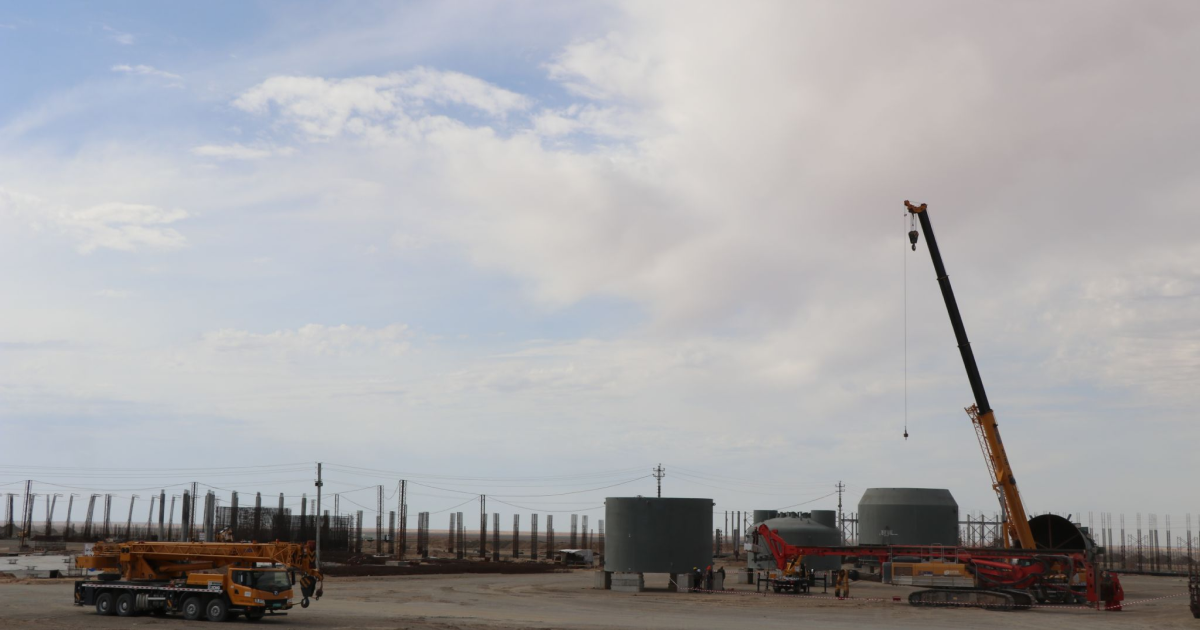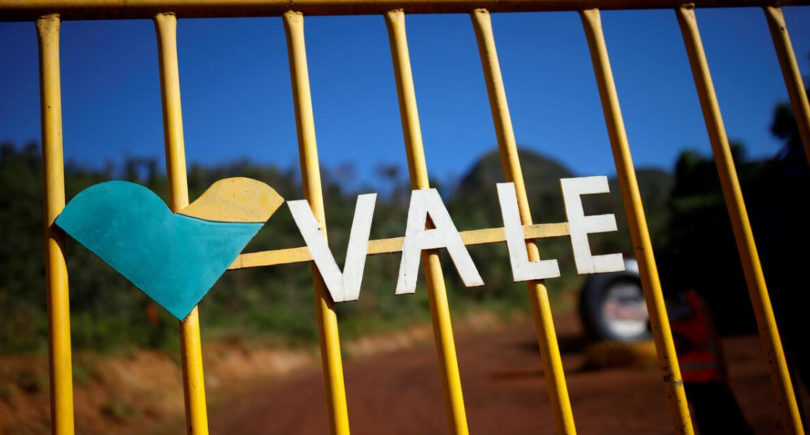
News Global Market Узбекистан 4268 04 June 2024
The start-up of the factory is expected in the fourth quarter of 2025
Uzbekistan has started construction of a pelletizing plant at the country’s largest iron ore deposit, Tebinbulak. This is stated in the report of the iron and steel company Triangul Metals Tebinbulak.
The main equipment of the plant will include plate machines for pelletizing raw pellets, a conveyor roasting machine, equipment for pellet injection and screening, loading bins and conveyor lines. The project involves pelletizing iron ore (concentrate) to produce pellets.
The annual production capacity of the Tebinbulak pelletizing plant will be 5 million tons, and it is scheduled to be launched in the fourth quarter of 2025. It is expected to create more than 400 jobs, and the project’s labor needs will be met primarily by hiring local people. Training programs based on the existing production facilities will be provided to improve the skills of the staff.
The pelletizing plant will become part of the production chain of the country’s first mining and metallurgical plant managed by Triangul Metals Tebinbulak. Tebinbulak is part of the eponymous integrated steel cluster operating in the Karauziak Special Industrial Zone.
Tebinbulak Mining and Processing Plant will be engaged in the extraction and enrichment of iron ore and the production of iron ore raw materials.
According to the company, the estimated reserves of the Tebinbulak iron ore deposit are over 1 billion tons with an average iron content of 12.6% and magnetite of 6.8%. The field is currently undergoing additional exploration, and upon completion of this program, total reserves are expected to increase by 500 million tons.
As GMK Center reported earlier, Kazakhstan’s Qarmet plans to increase production of steel products in 2024. This year’s steel production is expected to grow by 13% compared to 2023, to 3.3 million tons, while iron ore concentrate production is expected to grow by 10%, to 10 million tons. At the same time, coal production is expected to decline by 2%.




